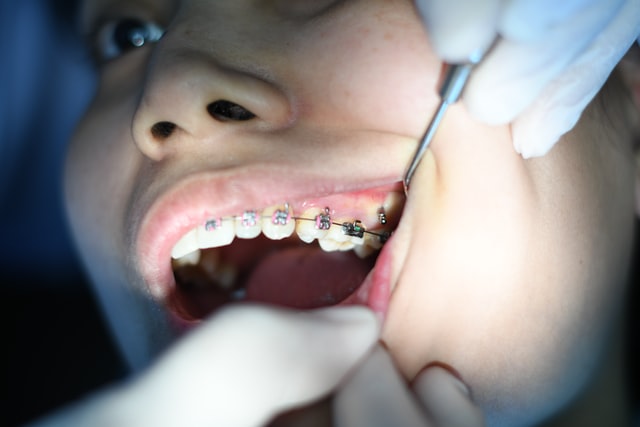- What is your orthodontic training and experience? …
- Why did you decide on orthodontics after dental school? …
- What was the most difficult experience of your orthodontic residency?
ORTHODONTIC DENTAL ASSISTANT INTERVIEW | No experience | My experience | Questions & Tips get hired
What professional association memberships and affiliations do you have?
Proves the candidate is active and involved in the field of orthodontics.
Describe your most successful orthodontics case. What factors contributed to your success?
Proves expertise and work experience.
What tools do you use when fitting a patient for braces?
Tests the ability to use the right tools for the right orthodontic procedure.
What advice would you give to patients who have just had their braces installed?
Demonstrates the candidates communication skills, industry knowledge, and experience.
What should be done before each patient’s appointment?
Demonstrates the candidates industry knowledge and experience.
Interview Questions for Orthodontic Dental Assistants:
Demonstrates the candidates communication skills, patience, and ability to gain patients’ trust.
Why do you want to work as an orthodontist?
Most people refer to the past. Saying that they earned their degree at a dental school and proceeded with residency and state exam, the next logical step is starting to practice at some dental clinic, before they earn enough money and experience to open their own practice.
This isn’t the best possible answer, however. It indicates a must, not a desire (you’ve already invested so much money into your studies that you cannot really turn back anymore). Try to refer to other things.
You can say that you’ve always understood the importance of healthy and good looking teeth. It impacts all areas of our life–our success in relationships, at work, and of course how confident we are. You understand the impact you can have on people’s lives as on Orthodontist, and see this job your calling, your personal mission.
What’s more, you have great attention to detail, are precise in your work, and enjoy working with people. Your strengths will help you to deliver an excellent healthcare but also an excellent customer service to your patients. When you take everything into account, you find the job of an Orthodontist an ideal match for your professional career.
What is the most important thing you learned during your residency?
You have many options at this point. A popular one (and a good one indeed) is referring to the importance of communication with the patient. What you do in the practice is one thing, but unless they stick to the rules with their new brace or mouth guard in their daily life, they won’t achieve the desired results. It is crucial to communicate this to them properly, and also ensure twice that they understand all the instructions.
Another idea is talking about some technique, some innovation in the field, perhaps something you haven’t learned about at school, but saw the orthodontists applying in their work. I’m not an expert in orthodontics to go into detail here, but I am sure you know what I mean.
Some job applicants also say that the residency has helped them to become 100% certain about their career choice–and that’s the most important takeaway for them.
Why orthodontics, and not dentistry or dental hygiene, or other field?
No need to start any philosophical debates at this point. You can say that you carefully considered all disciplines, all specializations, and what a typical day in them looks like.
Orthodontics was closer to your heart that the rest of the disciplines, and hence you decided to pursue this specialization. During your residency you assured yourself that it was the right choice, and you definitely do not have any doubts now. Surely, the market is there and will be there for any discipline related to dental health, for many years to come. But this is your way, your choice, and a career you want to pursue.

FAQ
What are the 4 objectives in orthodontic treatment?
What questions should I ask orthodontics?
- Which orthodontic option do you recommend for long-term health? …
- What are the pros and cons of each treatment option? …
- What changes should I prepare for during treatment? …
- How long will my treatment take? …
- Can you show me any similar cases?
What are the basics of orthodontics?
Why do u want to be an orthodontist?
